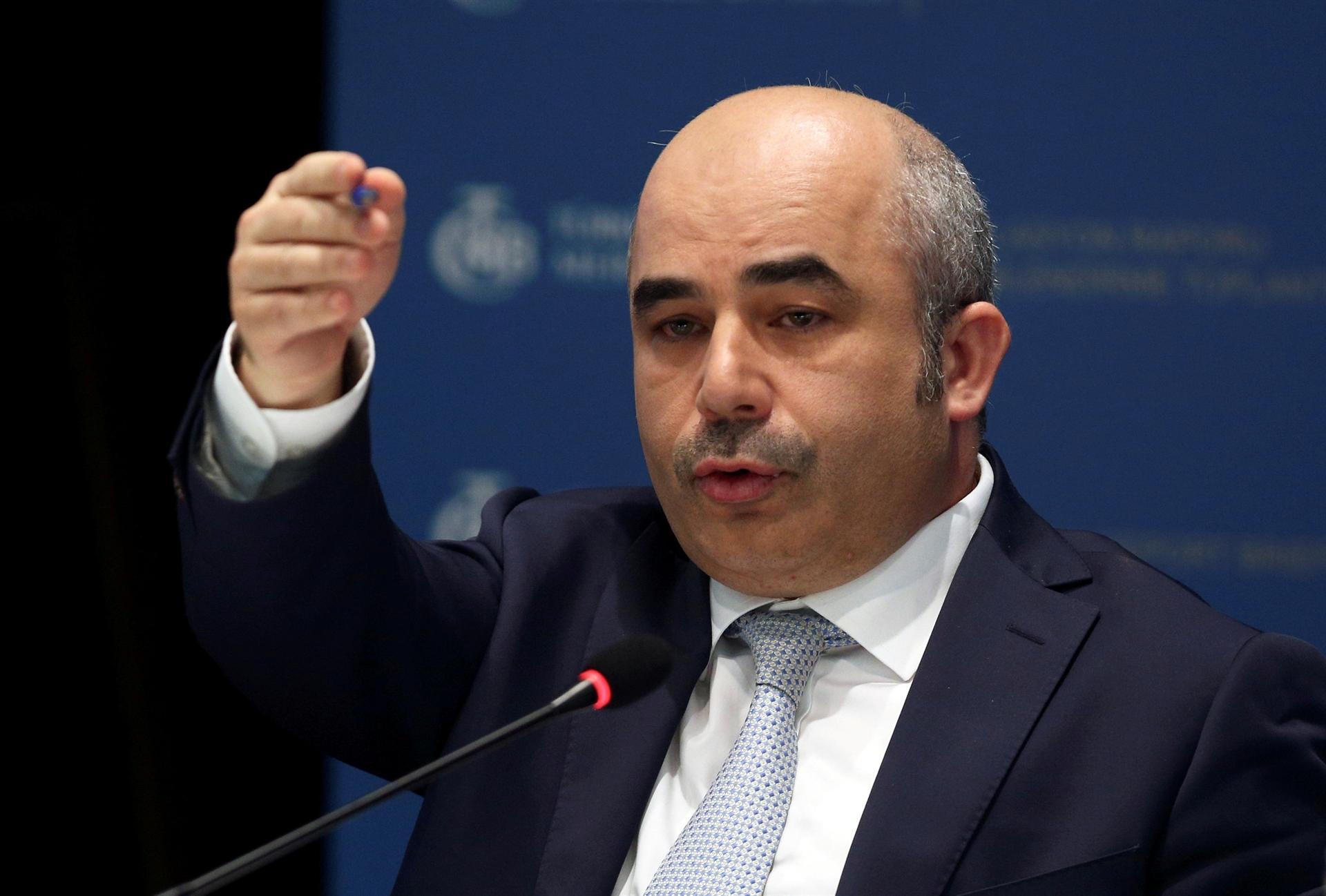Turkish Central Bank holds swap talks with counterparts
ANKARA

Turkey is holding talks with central banks about swap agreements, the Turkish Central Bank (TCMB) Governor Murat Uysal said on April 19, as Ankara introduces measures to tackle the economic impact of the coronavirus pandemic.
“We have long-standing swap agreements with certain countries to support trade in local currencies. In addition, we maintain close contact with other central banks to further strengthen our cooperation and establish new swap agreements,” he told Anadolu Agency.
In November 2019, the TCMB and the Qatari central bank raised the limit on the existing currency-swap arrangement to $5 billion from $3 billion. Turkey also has a currency-swap deal with China, signed eight years ago and renewed every three years.
Earlier this month, officials said Turkey had held talks with the United States about possibly securing a swap line from the Federal Reserve, and other funding options.
To counter the virus’ potentially negative impact on the economy, the TCMB has introduced a set of measures including a policy rate cut to inject much-needed liquidity into markets and improving the cash flow of firms, Uysal said.
“Announced on March 17, March 31 and April 17, these measures have four main goals. First, we aim to provide banks with flexibility in Turkish lira and foreign exchange liquidity management and thus enhance predictability. Secondly, we try to secure an uninterrupted flow of credit to the hardest-hit corporate sector. Our third goal is to support the cash flow of exporting firms through rediscount credits. Lastly, to strengthen the monetary transmission mechanism, we took a number of steps to prop up the Primary Dealership system and the liquidity in the Government Domestic Debt Securities (GDDS) market,” he outlined.
“The growth projections of the Central Bank suggest a rapid recovery in the second half of the year following the weak course in the second quarter, once the daily life and business life in Turkey get back to normal. The Turkish economy, thanks to its dynamic structure, can overcome this process in a short time with relatively less damage than other countries,” said Uysal.
















